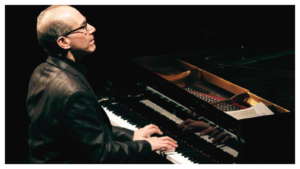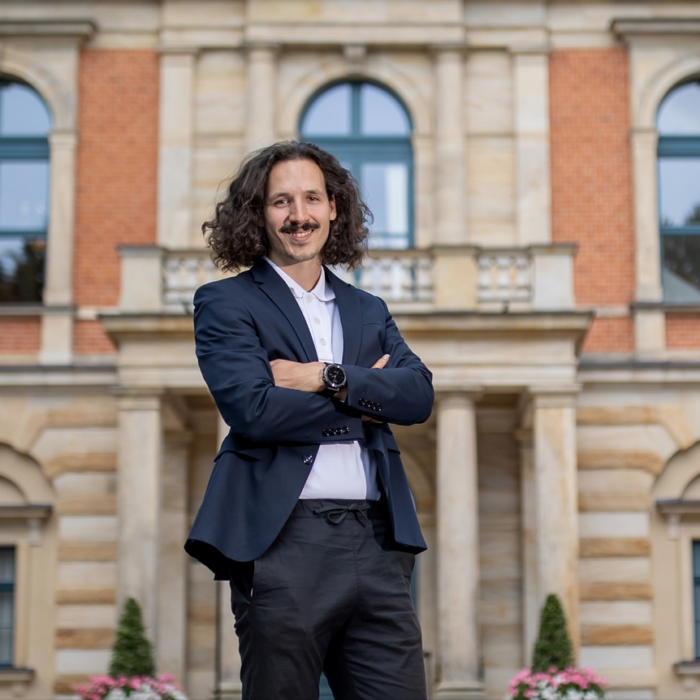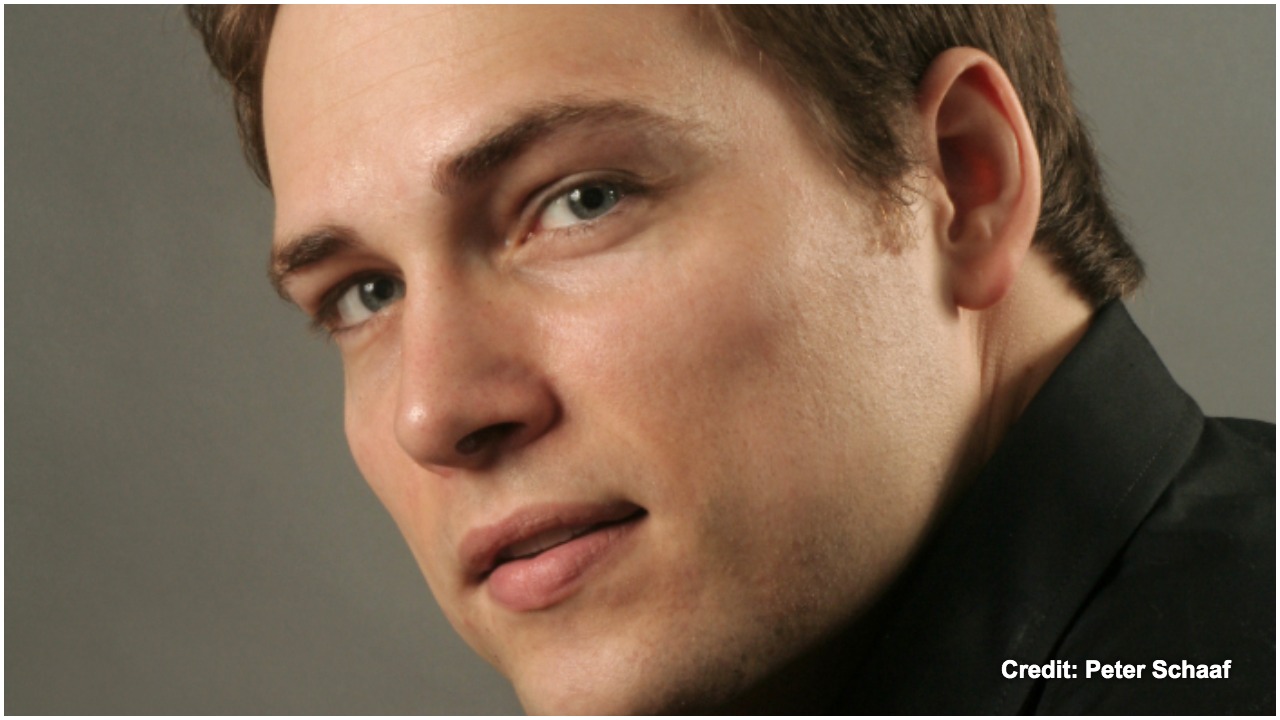
Q & A: Composer Ted Rosenthal on World Premiere of ‘Dear Erich’ At New York City Opera
By Matt CostelloIn a few weeks, the New York City Opera will continue its championing of bold, dramatic operas — both musically and thematically — with the jazz opera, “Dear Erich.”
Premiering at the National Yiddish Theater Folksbiene, at the Museum of Hewish Heritage in Battery Park, New York, the opera uses the idiom of jazz to deal with one of history’s most powerful and tragic events, the holocaust. And the story of the opera could not be more personal for the composer, as it is all filtered through hundreds of letters from the composer’s grandmother Herta, trapped in Nazi Germany while her son Erich finds a new life in America. The fact that it is all true portends for a powerful evening of opera.
OperaWire recently spoke with the composer about his experiences in creating this work.
OperaWire: “Dear Erich” is such a personal work. Can you talk about its genesis and how it developed after you first discovered, and then translated, your grandmother’s letters?
Ted Rosenthal: The box of letters sat in my home all the years I was growing up. Letters written in Germany, (mostly) by my grandmother, Herta, to my father Erich, in Chicago. Erich escaped Nazi Germany in 1938, a few months before Kristallnacht. I never heard him discuss the existence or the content of the letters. I found the letters in the attic after he died.
In 2015, I was invited to my grandmother’s hometown of Bad Camberg, Germany. Volunteers from the local Historical Society sought to remember the lost Jewish community by reconstructing the old Hebrew School. I mentioned the letters to the head of the Society, Dr. Peter Schmidt, and he volunteered to translate the letters, perhaps not realizing there were over 200 of them!
As the translations came in, they opened a world for me, with vivid depictions in a personable voice – the voice of a grandmother I never knew – describing family, friends, people and places that were part of my father’s life. This profound and intense experience inspired me to create a jazz opera, inspired by the events surrounding my father’s escape from Nazi Germany.
OW: How do you think jazz can play a role in making the important story of “Dear Erich” come to life?
TR: Erich was able to leave Nazi Germany by virtue of a fellowship to University of Chicago. In the opera, Erich comes to Chicago in 1938 and experiences the freedom and democracy of America represented by the freedom, democracy and swing of American jazz.
OW: Besides “Dear Erich” being a story of tragedy and redemption, do you think that the jazz opera also has something to say about the tumultuous world today, with the issue of refugees and immigration often dividing people globally?
TR: Through the words of my grandparents, aunts, uncles, and cousins, week-by-week from 1938-41, I could feel in starkly personal terms the institutionalized hate that befell them. Their frustrated efforts to emigrate, and the walls of persecution closing in. There is in “Immigration Song” in “Dear Erich” where the bureaucratic US immigration agent systematically raises and raises the bar for entry into the US. These refusals contributed to the “Final Solution” and the death of my relatives and many others. Near the end of the opera, Herta sings, “We must stand guard against hate.”
OW: As you and Lesley Rosenthal worked on shaping the letters into a libretto, did you find yourself discovering things — about what you were creating – that surprised you?
TR: Setting Herta’s letters to music has been intense, magnifying their emotion. I’ve learned many things studying the letters. Like my father, my grandmother’s language was understated and I learned she also had a wry sense of humor. She was also a very loving mother, mainly concerned about her son, even though she was the one in harm’s way.
OW: As a jazz piece, did using that musical from to tell a personal and family story pose a special challenge?
TR: Jazz can express the full range and complexity of human emotion. And there are so many varieties of sound and moods one can draw from. Jazz is my natural vocabulary. I like to mention “Porgy and Bess” as a loose model that I thought about. Like “Porgy, ” “Dear Erich” is a through-composed piece, but with songs that can be excerpted and have memorable melodies.
OW: As an opera, with a libretto based on real people and their words, what do you hope people take away from the experience?
TR: I hope that through the lens of one man and one family, a giant tragedy like the Holocaust can be seen and felt on personal terms. Much like The Diary of Anne Frank. The opera also highlights the immigrant experience and the conflicts of moving forward toward a new life while thinking about loved ones left behind.
I also hope this work of art will also get people thinking about immigration issues and standing up to hate.
Finally, I want people to enjoy the music and (at the right moments) tap their toes, and leave the theater humming the melodies.


